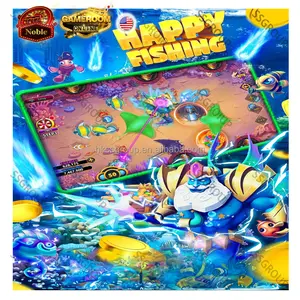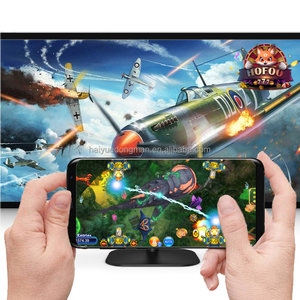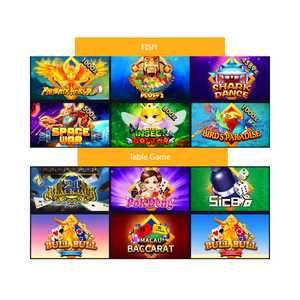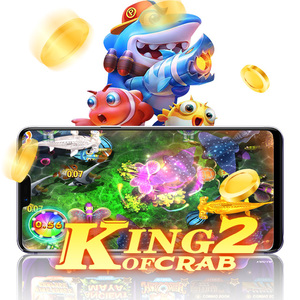Web Game Producer












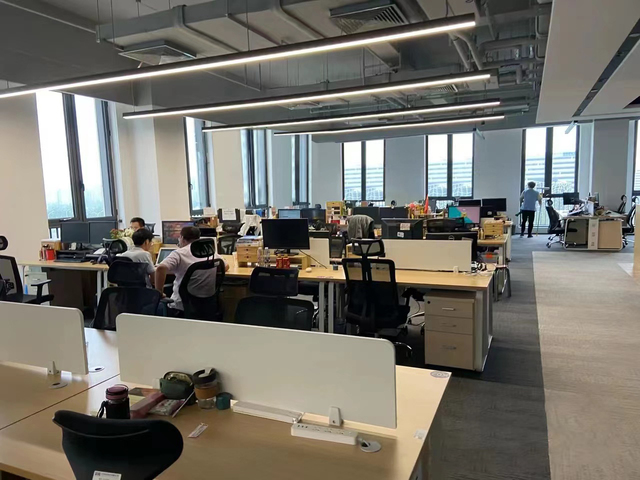





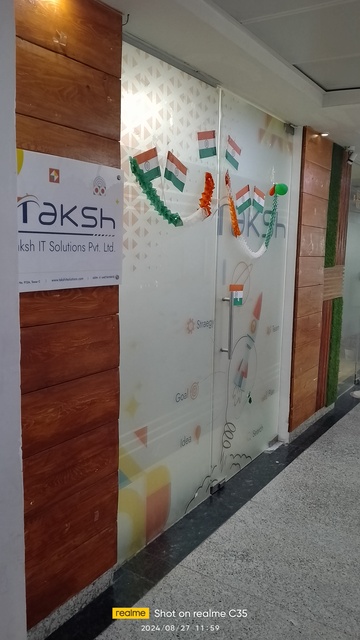










About web game producer
Where to Find Web Game Producer Suppliers?
China remains a central hub for digital entertainment production, with key supplier clusters concentrated in Guangdong and Hong Kong regions. These areas host specialized firms offering web-based gaming platforms, particularly focused on online fish shooting games, coin-operated arcade systems, and customizable game software solutions. The proximity to hardware manufacturing centers enables integrated development of software-hardware ecosystems, supporting turnkey deployment for gamerooms and digital arcades.
Suppliers in this sector operate within agile development frameworks, combining rapid iteration cycles with scalable cloud infrastructure integration. Firms typically maintain in-house software engineering teams capable of full-stack customization—from user interface design to backend server management. This vertical integration allows for efficient updates, unlimited skin modifications, and real-time performance tracking. Buyers benefit from short development lead times (typically 7–14 days for demo versions) and modular product architectures that support multi-platform deployment.
How to Choose Web Game Producer Suppliers?
Selecting reliable partners requires rigorous evaluation across technical, operational, and transactional dimensions:
Technical Development Capability
Assess suppliers' software development scope, including platform ownership rights, API accessibility, and support for unlimited score configurations. Confirm the availability of demo environments for functional testing. Prioritize vendors offering white-label solutions with full UI/UX customization, secure login protocols, and anti-fraud mechanisms.
Production & Service Verification
Evaluate key performance indicators derived from verifiable transaction data:
- On-time delivery rate ≥97% as an indicator of operational reliability
- Average response time ≤3 hours for timely communication
- Reorder rate above 20% suggesting customer satisfaction and product stability
- Documented online revenue exceeding US $10,000/month indicating market viability
Cross-reference these metrics with service breadth—such as support for fishing machines, poker-style sweepstakes, or blockchain-integrated credit systems—to ensure alignment with target applications.
Transaction Security Protocols
Utilize secure payment channels with escrow protection until system validation is complete. Require source code verification or sandboxed environment access prior to final release. Insist on post-sale technical support agreements, including update frequency, bug-fix SLAs, and server maintenance terms. Conduct due diligence on intellectual property rights to avoid licensing conflicts in destination markets.
What Are the Best Web Game Producer Suppliers?
| Company Name | Primary Products | Price Range (USD) | Min. Order | On-Time Delivery | Avg. Response | Online Revenue | Reorder Rate |
|---|---|---|---|---|---|---|---|
| Hong Kong Golden Elephant Technology Co., Limited | Fishing machine, Coin Operated Games | $99–899 | 1 set | 100% | ≤1h | US $1,000+ | <15% |
| Hong Kong Tros Network Co., Limited | Game development, Platform customization | $0.10–$499 | 100–1000 pcs | 100% | ≤4h | US $10,000+ | 16% |
| SUNXIN INTERNATIONAL INDUSTRIAL CO., LIMITED | Coin Operated Games, Main products | $0.10–$0.30 | 100 pcs | 100% | ≤1h | US $40,000+ | 83% |
| Hanxiao Network Technology (Shenzhen) Co., Ltd | Game Softwares, Fishing machine, Chess Games | $0.06–$699 | 1–499 pcs | 100% | ≤3h | US $50,000+ | 21% |
| Shi Le Ke Ji Gu Fen Company Limited | Coin Operated Games, Fishing machine, Game Softwares | $199–599 | 1 piece | 100% | ≤5h | US $8,000+ | <15% |
Performance Analysis
SUNXIN INTERNATIONAL leads in reorder volume with an 83% repeat purchase rate, signaling strong client retention and product reliability. Hanxiao Network Technology demonstrates broadest technical scope, supporting diverse game types and low-cost per-unit licensing (as low as $0.06). Hong Kong-based suppliers emphasize responsiveness, with two firms achieving sub-1-hour average reply times. While several companies offer high-end packages up to $899, budget options below $0.30/unit are available for bulk digital licenses. For enterprise deployments requiring full platform ownership and unlimited customization, prioritize suppliers with documented development experience and transparent code-handover policies.
FAQs
How to verify web game producer credibility?
Validate business registration and cross-check claimed monthly revenues against transaction volume. Request live demos hosted on independent servers to assess latency, graphics quality, and backend responsiveness. Review third-party feedback focusing on post-purchase support and system uptime reliability.
What is the typical lead time for customized web game platforms?
Demo versions are generally delivered within 7–10 days. Full deployment with branded interfaces, payment gateway integration, and server configuration takes 14–21 days depending on complexity. Add 3–5 days for security audits and stress testing under concurrent user loads.
Can suppliers provide full ownership of the game platform?
Yes, select suppliers offer full-source-code transfer and server migration services. Verify license type during negotiation—white-label models may restrict resale rights unless explicitly authorized. Ensure database control and admin panel access are included in the deliverables.
Are free samples or trial versions available?
Most suppliers provide no-cost demo access for evaluation, though full functionality may be limited. Some charge nominal fees (e.g., $0.06–$0.30 per unit) for test licenses to cover hosting costs. Fee waivers are common for orders exceeding 500 units or long-term partnership commitments.
What customization options are standard among top producers?
Leading providers support UI localization, theme skins, scoring algorithms, jackpot settings, and player tracking dashboards. Advanced features include anti-collusion logic, dynamic odds adjustment, and integration with physical redemption systems. Technical specifications should define required APIs, supported devices, and concurrency limits before development begins.



































